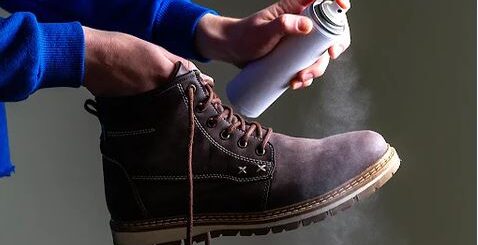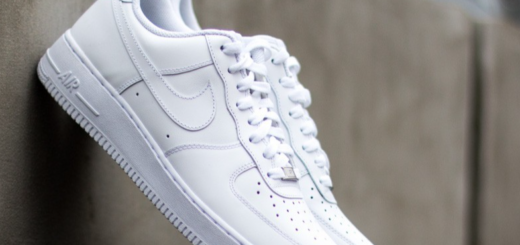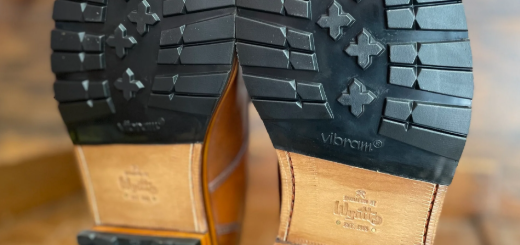Conquering Shoe Odor: A Fresh Path to Cleaner Footwear
Your go-to pair of shoes might feel like a second skin, but what happens when they start emitting a pungent aroma every time you slip them off? You know the one—an unmistakable reminder that something funky is brewing inside. If you’re tired of wrinkling your nose and praying nobody notices, it’s time to tackle the issue head-on. Let’s explore practical, effective methods to eliminate shoe odor right at home.
Before diving into solutions, let’s understand why our beloved footwear often turns into odor factories.
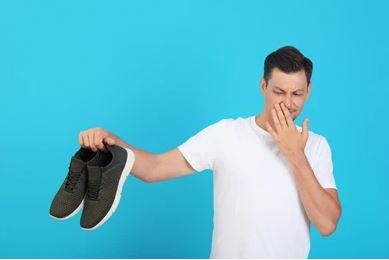
What Causes Shoes to Smell?
Most people wear closed shoes for long hours, creating a perfect storm of warmth and moisture. Inside this warm, damp environment, sweat from your feet becomes a banquet for bacteria. These microbes feed on the moisture and dead skin, and as they break it down, unpleasant smells are released. The scientific name for this condition is bromodosis, but most of us just call it smelly feet.
Here’s a fun fact: your feet possess more sweat glands per square inch than any other part of your body. Combine that with the tight, enclosed space of a shoe, and you’ve got a recipe for odor.
Factors such as stress, hormonal shifts, fungal infections, and even dietary choices can increase sweat production. Those increased moisture levels lead to stronger, more persistent odors.
Now that you know what’s causing the problem, let’s explore home remedies that can help freshen up your footwear and stop the cycle.
1. Maintain Foot Hygiene to Curb Odors
Keeping your feet clean is your first line of defense against shoe odor. Daily washing with warm water and antibacterial soap can significantly reduce bacteria buildup. Don’t overlook the areas between your toes, as these narrow spaces are prime real estate for microbial growth.
Exfoliating the feet a few times a week can also help. Scrub with a pumice stone or foot brush to remove dead skin that bacteria love to feast on. After cleansing, dry your feet completely before putting on socks or shoes.
2. Cut Down Foot Perspiration
To reduce sweat, consider applying a foot-specific antiperspirant. These products work by temporarily blocking sweat glands, minimizing moisture and making it harder for bacteria to thrive. There are creams and sprays made specifically for the feet that are easy to apply and discreet.
Wearing socks made of moisture-wicking fabric like wool or specialized synthetic blends can also help regulate foot moisture. Avoid cotton socks, which tend to trap sweat and dry slowly.

3. Spray Away Odors
A shoe deodorizing spray can be a quick fix for smelly footwear. Look for natural formulas containing ingredients like tea tree oil, peppermint, or eucalyptus, which offer both antibacterial and aromatic benefits.
Keep a compact spray bottle handy in your gym bag or work locker to freshen your shoes after each use. A few spritzes can go a long way toward neutralizing odor and extending the life of your shoes.
4. Pick Breathable Footwear
Shoes made from leather, mesh, or canvas allow air to flow, reducing trapped moisture. Choosing breathable shoes can prevent the buildup of sweat and slow bacterial growth.
Avoid synthetic materials like vinyl, which seal in heat and moisture. If you can see light passing through parts of your shoes or feel air flow, chances are they’re breathable.
5. Rotate Shoes Regularly
Wearing the same pair of shoes every day doesn’t give them time to air out and dry. Give each pair a break by rotating your footwear. Let them sit in a dry, ventilated area overnight, preferably with laces loosened and tongues pulled forward to increase air circulation.
6. Try Odor-Absorbing Insoles
Special insoles designed to fight foot odor are available at most pharmacies. These often include activated charcoal or baking soda, which help neutralize unpleasant scents. Some are also treated with antifungal compounds.
These inserts not only fight odors but provide additional comfort and moisture absorption. Most can be trimmed to fit different shoe sizes and replaced every few weeks for maximum effectiveness.
7. Use Baking Soda for Natural Deodorizing
One of the simplest odor control methods involves baking soda. Just sprinkle some inside your shoes and let them sit overnight. By morning, much of the odor will have dissipated.
Take care when using this method with leather shoes, as baking soda may dry out the material over time. Use it occasionally to avoid damaging your footwear.
8. Dryer Sheets for a Scent Boost
Dryer sheets aren’t just for laundry. Tuck one into each shoe after taking them off and leave them overnight. The sheets will absorb odors and leave behind a fresh scent.
This method also works well for gym bags and closets. Just place a dryer sheet in the bottom of your bag for an all-around odor lift.
9. Try Kitty Litter or Cedar Chips
Believe it or not, cat litter and cedar chips can work wonders on stinky shoes. Fill clean socks with either substance, tie the tops, and place them in your shoes when not in use.
Both absorb moisture and odors effectively, while cedar chips also add a natural woodsy scent. Make sure to replace the contents regularly for best results.
10. Rubbing Alcohol to Sanitize
Rubbing alcohol is a powerful tool for cleaning and deodorizing. Mix equal parts alcohol and water in a spray bottle, then mist the inside of your shoes. The alcohol kills bacteria and evaporates quickly, leaving your shoes dry and fresher-smelling.
Alternatively, place alcohol-soaked cotton balls inside your shoes overnight to achieve similar results. This method is especially helpful for athletic shoes that take a beating.
11. Washing Machine Method for Sneakers
Fabric sneakers can often be cleaned in the washing machine with a few precautions. Remove laces and insoles, place the shoes in a mesh laundry bag or pillowcase, and wash with a gentle detergent in warm water.
To avoid damaging your washer or shoes, include a few towels in the load for balance. Always air dry your sneakers—never use a dryer, which can warp or shrink materials. Clean insoles separately using a baking soda and water paste.
12. Use Steam to Neutralize Bacteria
Steam cleaners can kill bacteria inside your shoes without chemicals. Point the steam nozzle into each shoe for about 30 seconds, then allow them to air out.
If you own a steam dryer, check if it has a setting for shoes. Just make sure your footwear can handle the moisture before proceeding.
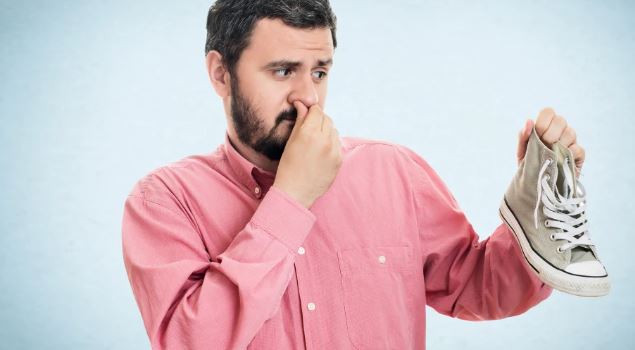
13. Denture Tablets: An Unusual but Effective Soak
For shoes that are safe to immerse in water, denture tablets offer a powerful cleaning option. Fill a basin with warm water, drop in a few tablets, and soak your shoes for a couple of hours.
These tablets are designed to eliminate bacteria and odors, making them a clever solution for deep-cleaning shoes that can withstand a soak.
14. Freeze Odors Away
Extreme cold can eliminate the bacteria responsible for shoe odors. Place dry shoes inside a sealed plastic bag and leave them in the freezer overnight. By morning, the odor-causing microbes will be rendered inactive.
This method is best for casual shoes, sneakers, and canvas shoes. Ensure the shoes are completely dry beforehand to avoid frost damage.
15. Essential Oils for a Natural Scent
Combine essential oils with witch hazel and distilled water in a small spray bottle to create a natural deodorizing mist. Oils like peppermint, tea tree, and eucalyptus not only smell refreshing but also possess antimicrobial properties.
Spray the inside of your shoes lightly and allow them to dry. Store in a sealed plastic bag for enhanced results. Repeat as needed to keep your shoes smelling fresh.
16. Tea Bags to Absorb Moisture and Odor
Dry tea bags can soak up moisture and neutralize smells. Simply place a couple of unused tea bags in each shoe and let them sit for several hours.
Black tea and green tea are particularly effective due to their tannins, which have natural antibacterial properties. This method is safe, simple, and cost-effective.
When It’s Time to Let Go
Sometimes, no matter how many tricks you try, the stink just won’t quit. If your shoes have seen better days and nothing seems to help, it might be time to invest in a new pair. Be proactive with your next pair—apply these odor-control techniques from the start to prevent a repeat of the same issue.
By using these home remedies, you can confidently slip off your shoes without fearing the reaction. Whether you choose natural solutions or simple habits like alternating shoes, there are countless ways to keep things fresh. Don’t wait for that next embarrassing moment—take control of your shoe odor today.

Frequently Asked Questions
What causes shoes to develop a bad odor?
Shoes develop a foul smell mainly due to sweat and bacteria. When feet sweat, especially in enclosed shoes, the moisture becomes a breeding ground for odor-causing bacteria.
How can foot hygiene help eliminate shoe odor?
Maintaining proper foot hygiene by washing and drying feet daily, exfoliating dead skin, and keeping feet dry can significantly reduce the risk of shoe odor.
Are certain shoe materials better for preventing odor?
Yes, shoes made from breathable materials like leather or mesh allow air circulation, which helps evaporate sweat and prevents bacterial buildup.
Why is rotating shoes important?
Wearing the same pair of shoes daily doesn’t allow them to air out, which can trap moisture and odors. Alternating pairs gives shoes time to dry and refresh.
Can using antiperspirants on feet reduce odor?
Applying foot-specific antiperspirants or sweat-blocking lotions helps control excessive sweating, reducing the moisture that bacteria need to thrive.
How effective are baking soda and dryer sheets for odor control?
Baking soda neutralizes odors and absorbs moisture, while dryer sheets add a pleasant scent and absorb minor dampness, both making shoes fresher.
What natural remedies work for smelly shoes?
Items like essential oil sprays, citrus peels, tea bags, and cedar wood chips help deodorize shoes naturally while also combating bacteria.
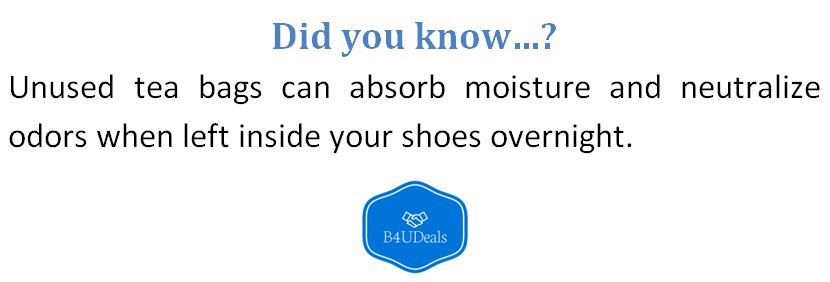
Is it safe to clean shoes with rubbing alcohol?
Yes, rubbing alcohol can disinfect and deodorize shoes. It evaporates quickly and kills bacteria, making it a safe and effective option.
How do shoe insoles help with foot odor?
Special odor-control insoles, often containing charcoal or baking soda, absorb moisture and reduce unpleasant smells while providing comfort.
Can freezing shoes eliminate odor?
Yes, placing dry shoes in a sealed bag and freezing them overnight can kill odor-causing bacteria that can’t survive cold temperatures.
Are denture tablets useful for shoe cleaning?
Dissolving denture tablets in water and soaking washable shoes can help kill germs and remove odors without damaging certain shoe types.
When should you consider replacing your shoes?
If repeated cleaning and deodorizing efforts fail and the shoes remain smelly, it’s best to replace them to maintain hygiene and comfort.

